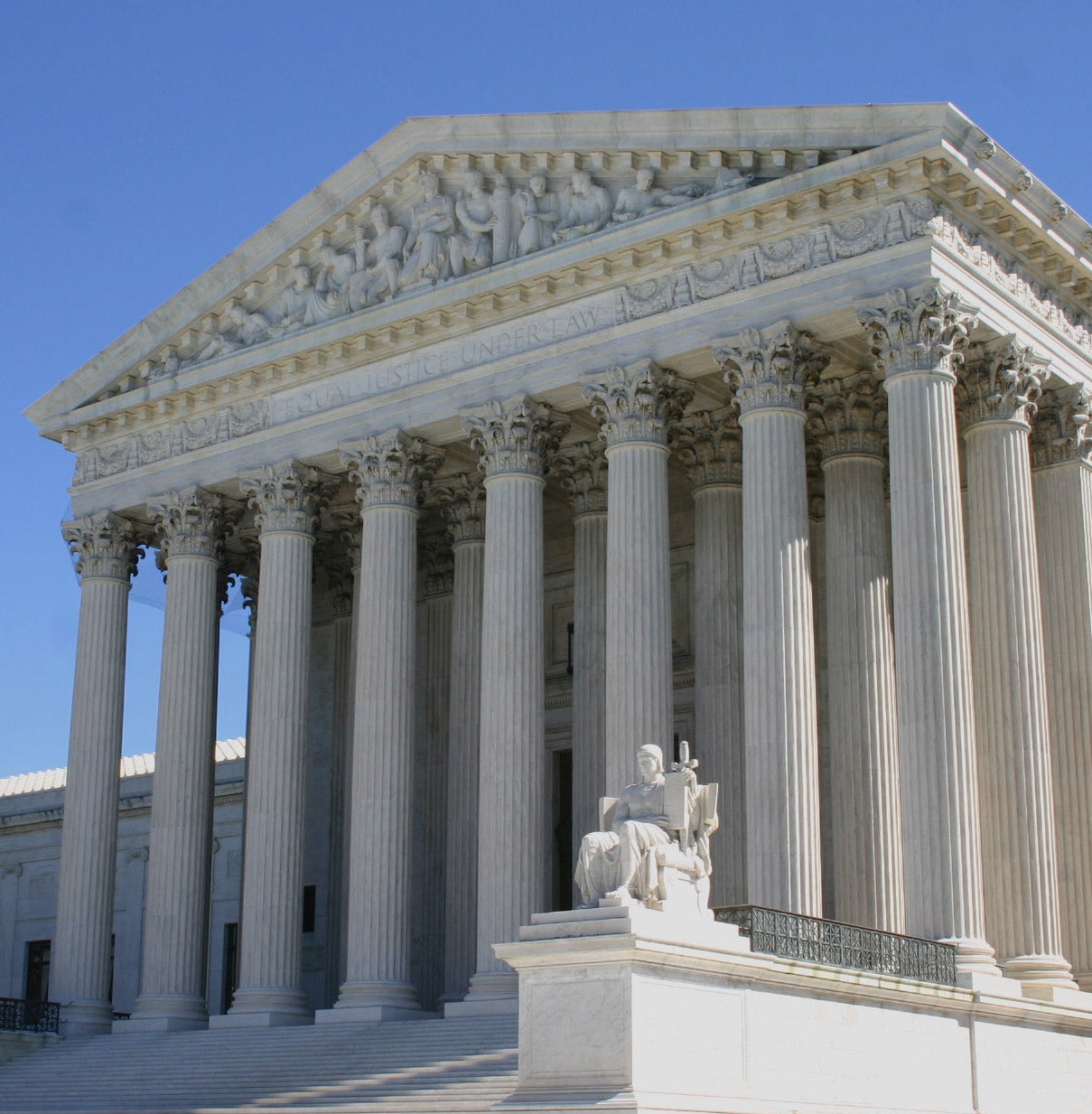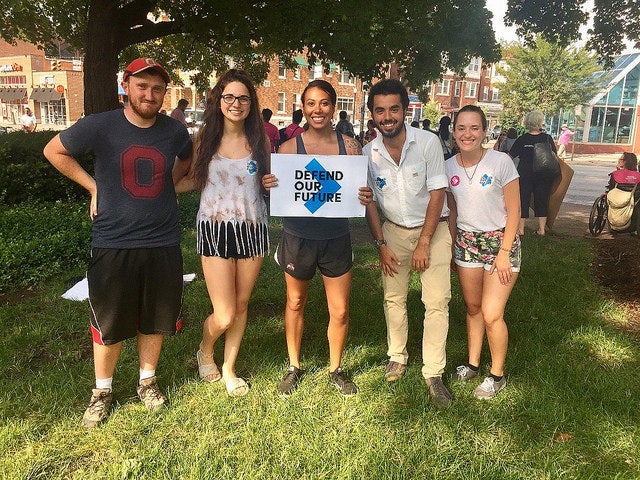 The Supreme Court of the United States is hearing a case where coal companies and their allies are seeking to severely constrict EPA’s ability to fight climate change. The case, West Virginia v. Environmental Protection Agency, involves two programs that are not in effect (nor will ever be in the future) meant to address climate change: the Obama Administration’s Clean Power Plan and the Trump Administration’s weak replacement “ACE” rule. But coal companies and their allies have far more extensive, damaging aims in mind than litigation over hypothetical rules, and seek to use this case as Trojan Horse to undermine EPA’s authority more broadly.
The Supreme Court of the United States is hearing a case where coal companies and their allies are seeking to severely constrict EPA’s ability to fight climate change. The case, West Virginia v. Environmental Protection Agency, involves two programs that are not in effect (nor will ever be in the future) meant to address climate change: the Obama Administration’s Clean Power Plan and the Trump Administration’s weak replacement “ACE” rule. But coal companies and their allies have far more extensive, damaging aims in mind than litigation over hypothetical rules, and seek to use this case as Trojan Horse to undermine EPA’s authority more broadly.
As members of the generation that will have to live through the consequences of this decision — whichever way it goes — it is imperative that we pay close attention to this case.
West Virginia v. EPA focuses on one part of EPA’s authority under the 1970 Clean Air Act. What’s that again? It’s a watershed piece of legislation under which Congress, among other things, expressly and clearly obligated the EPA to reduce air pollution to protect human health and welfare. And that’s precisely what the Clean Air Act has done – although much more must be done, its passage has dramatically improved public health for all Americans.
Petitioners in this case — primarily coal companies and their red-state allies — argue that the EPA’s authority to act to protect the health and welfare of Americans from the threat of climate change should be subject to tight, artificial restrictions. This is contrary to the specific and express grant of authority and obligation Congress conferred to EPA under the Clean Air Act.
We cannot forget that all this is happening at a point in history where we are experiencing record-setting weather events across the country. From massive fires in the West, to devastating hurricanes in the East, to sea-level rise at our coasts – more than 1 in 5 Americans live in areas affected by climate change and that ratio will only get worse.
It is not just environmental groups that are mobilizing around West Virginia v. EPA. A diverse coalition of public health experts, businesses, scientists, and even the power companies themselves – the very companies that would be subject to EPA’s rules – want the EPA to be allowed to do its job and protect public health. However, we need more than organizations to stand up in support of the EPA. It is our generation and frontline communities that will be hurt most, and we must find ways to accelerate action to confront the climate pollution from power plants.
Therefore we need our communities to stand together to support the health and safety of us all. Creating meaningful progress in the fight against climate change requires a strong regulatory and science-based arm which we have in the EPA.
It’s up to us to make sure that our leaders in all three branches of the government know that we are watching — and that our generation will not be silent. This is a critical moment for us to display the power of our movement, to show the world that we are still in the fight for real, lasting climate solutions that will protect our communities.
So on February 28th when the oral arguments are heard, we will be there before the Supreme Court, with our friends across the climate movement and beyond, to make our voices heard. If you or someone you know is in the DC area, we hope you’ll join us.
If the coal companies get their way it would be detrimental in the fight for climate action because it would mean the Agency specifically, expressly, and clearly authorized to take action would be subject to new restrictions. Climate action can’t wait and we cannot afford to strip congressionally-obligated regulatory responsibility away from the very entity meant to lead the charge in the fight against climate change.
Right now, you can do your part to make sure we are fighting for climate action on every front. Show the activists rallying in DC that you’re with them. Send your message to President Biden today to urge him to do everything in his power to ensure our generation gets the meaningful climate solutions we need.




